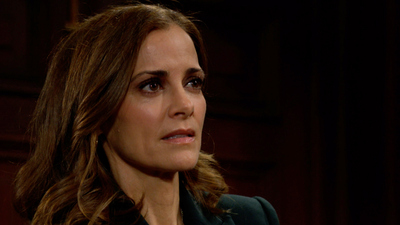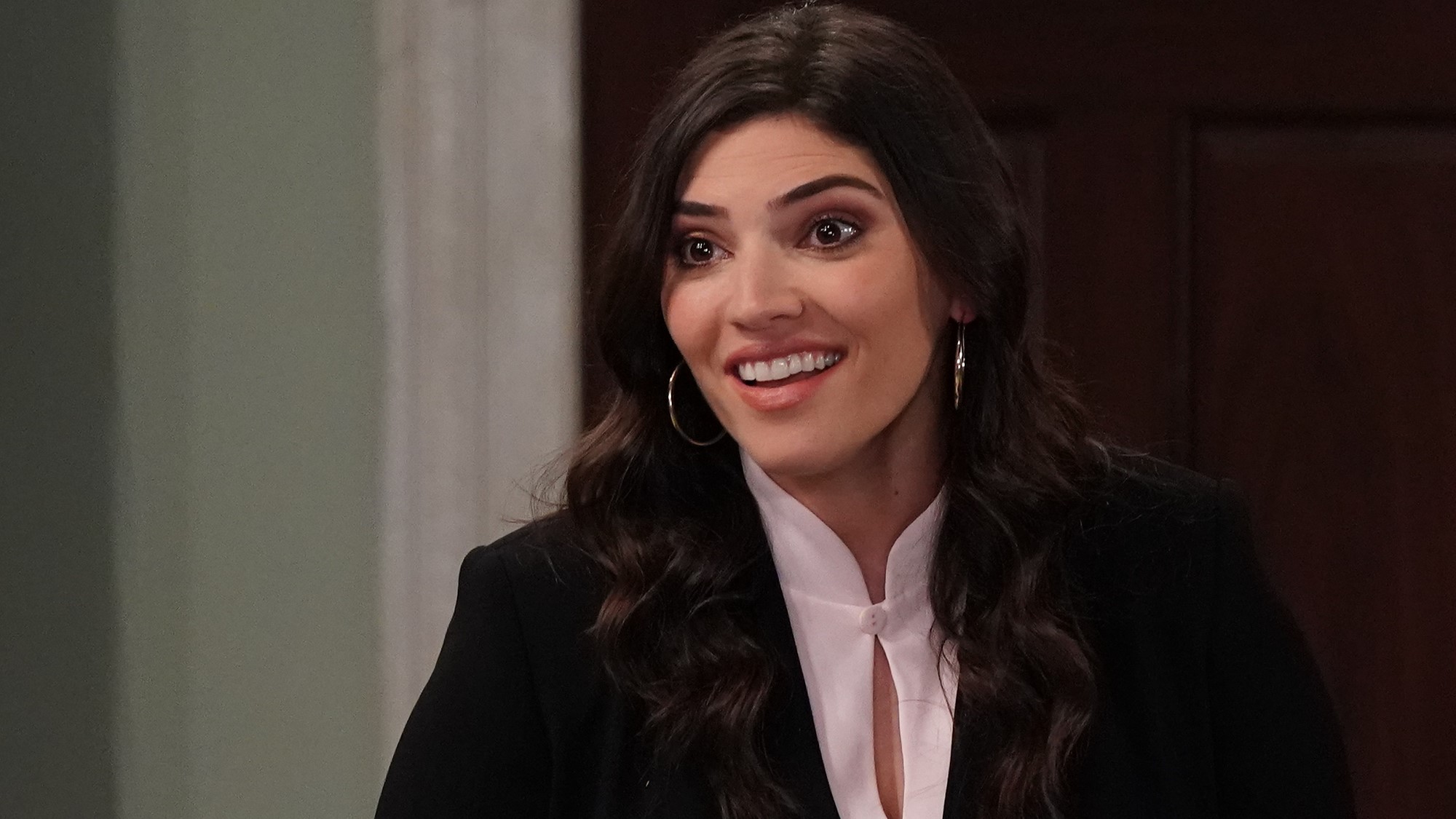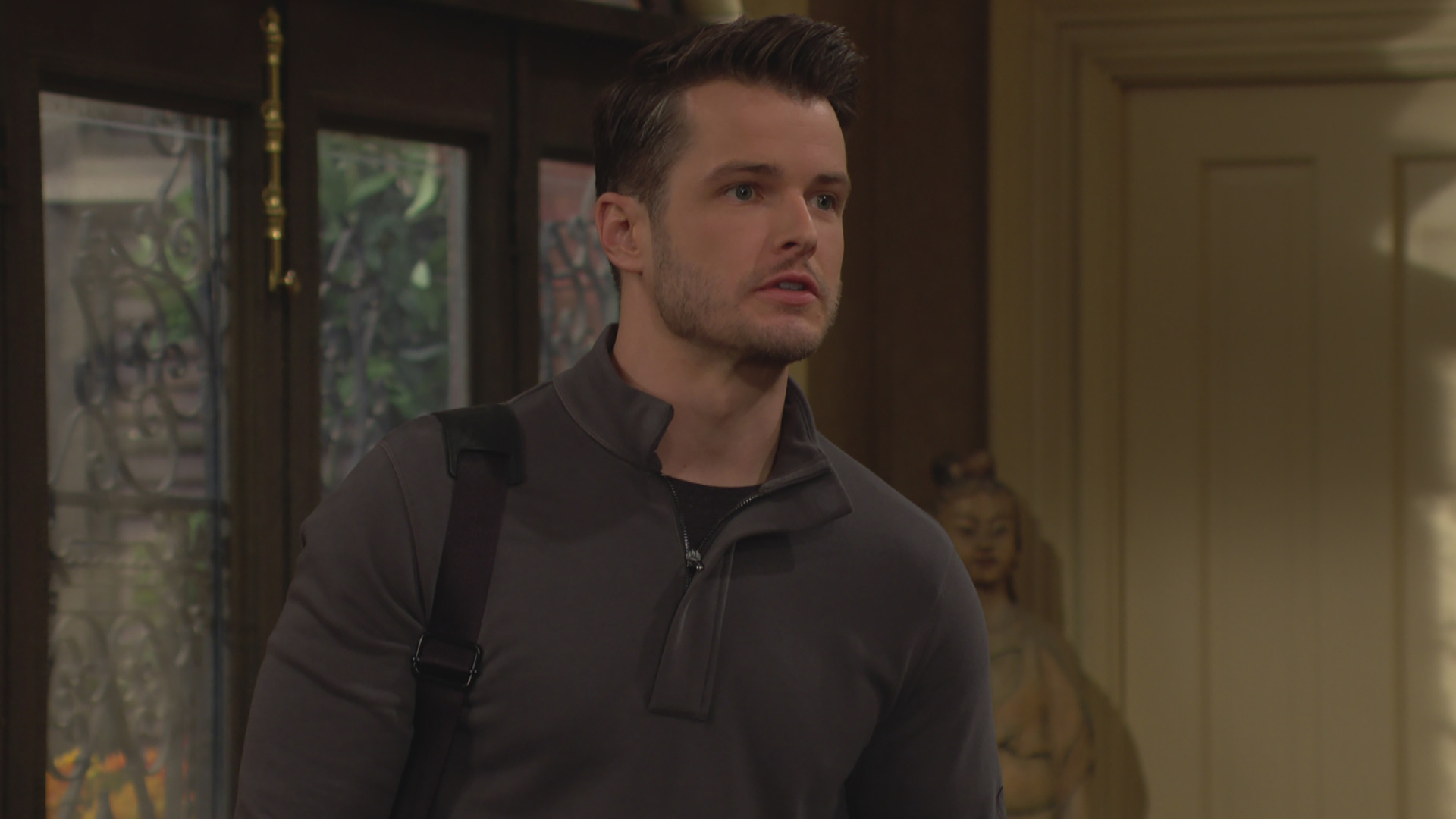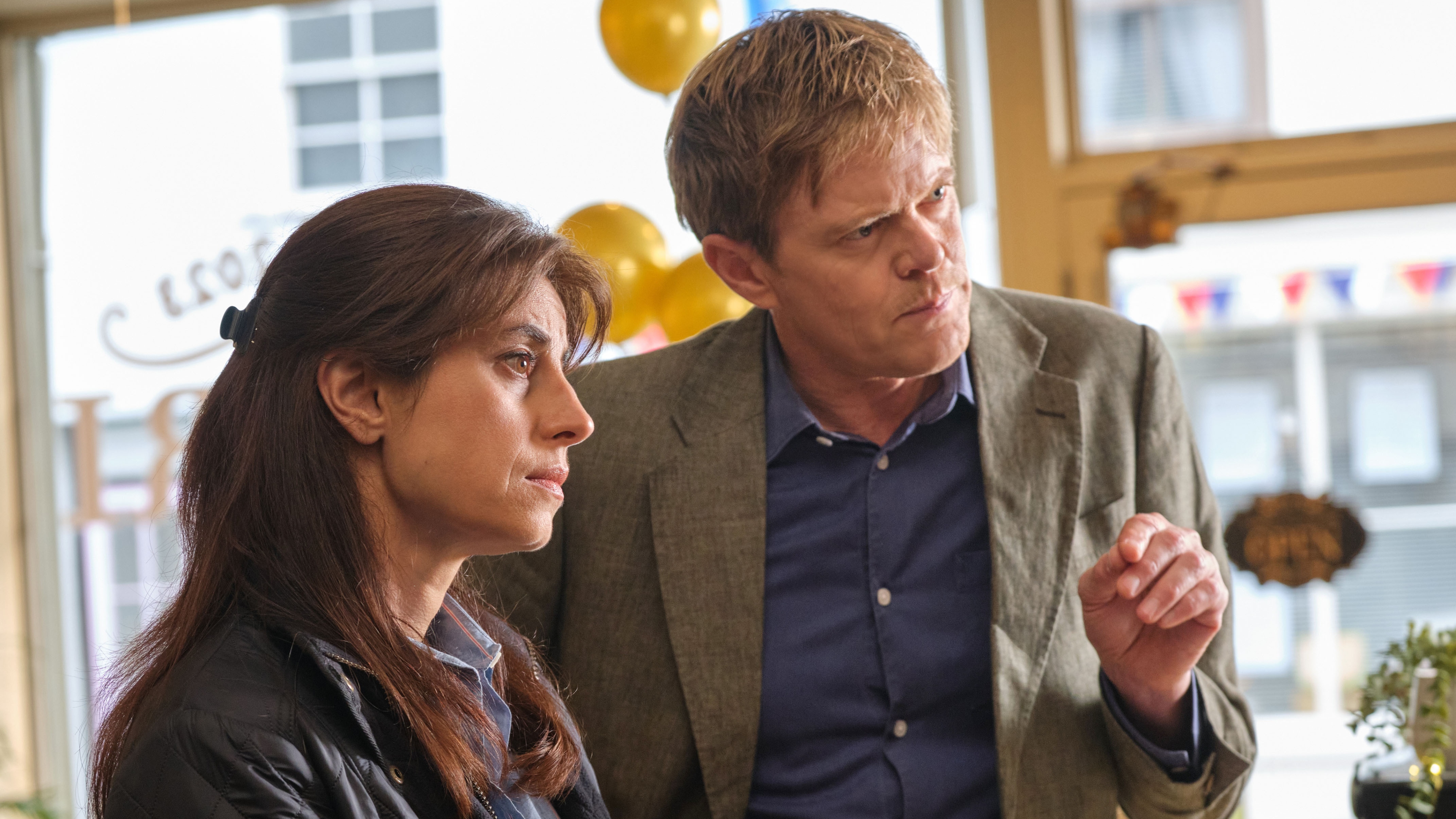TÁR ending explained: what happens to Lydia Tár?
Is Lydia Tár punished for her scandal in the Cate Blanchett movie?
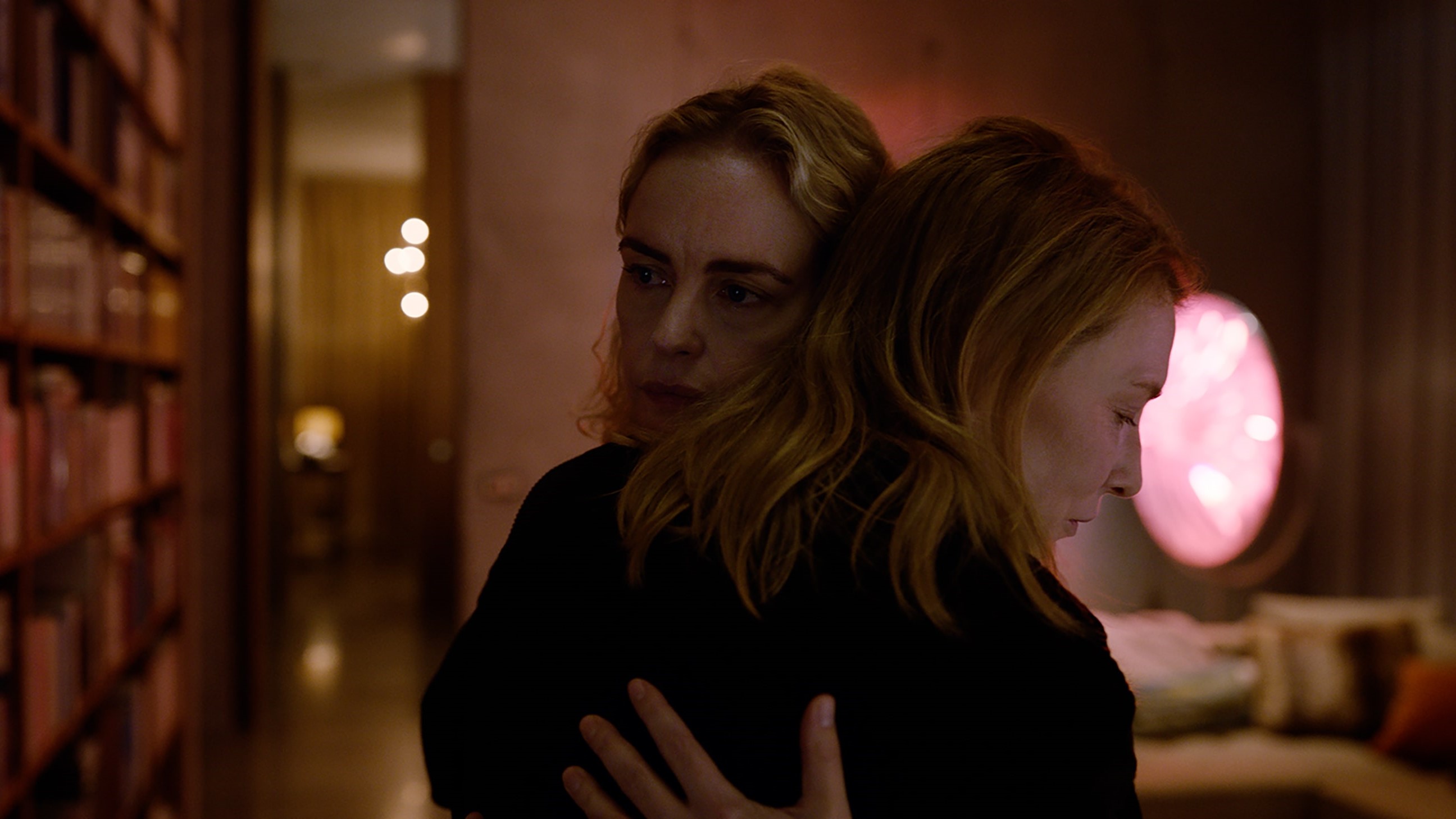
Cate Blanchett is causing a stir with her movie TÁR. Not only are people talking about her performance — which already has some thinking she could be in line for her third Oscar win and was praised in WTW's TÁR review — but its focus on cancel culture is making the latest from writer/director Todd Field feel incredibly relevant. What is the final message though that the TÁR ending leaves audiences with?
Before we dive into that (SPOILER WARNING now in case you didn’t know), let’s go over some of the key things that lead to the TÁR ending. First, Blanchett stars as a world-renowned composer and conductor, Lydia Tár. When the movie begins, she is the first female conductor for the Berlin Philharmonic and preparing to reach a career milestone with a live recording of Gustav Mahler’s Symphony No. 5 (you get a bit of a classical music crash course watching this movie).
Tár seems to be in control of everything in her life and her career, supported by her wife Sharon (Nina Hoss) and her assistant Francesca (Noémie Merlant), herself an aspiring conductor. While she can be demanding and even sometimes abrasive, shown while teaching a class at Juliard, Tár appears to be respected by her peers.
However, Tár has a massive skeleton in her closet — a questionable relationship with a former protege, Krista Taylor (Sylvia Flote), whose career she eventually torpedoed. When Taylor ends up committing suicide, the floodgates open as Tár gets put under the microscope for this and other actions, embroiled in an attempt to cancel her.
TÁR ending explained: what happens to Lydia Tár?
Shortly after Tár hears about Taylor’s suicide, she attempts to go into damage control mode, deleting all contacts she had with Taylor on her devices. She tells Francesca to do the same, however Francesca does not and evades the question when asked about it. This may be the reason that Tár chooses not to promote Francesca to a position as an assistant conductor though everyone assumes she would. However, thinking Francesca would fall in line after her snub backfires.
Francesca resigns and disappears, but not before sharing the messages that reveal the true relationship between Tár and Taylor. From there, the aura around Tár quickly begins to disintegrate. People protest her at a book signing event; members of her orchestra (including a young cellist that she had an interest in) lose respect for her; Sharon questions their relationship and ultimately decides to cut Tár off from her and their adopted daughter; and finally, her career implodes, with her being removed from serving as conductor on the Mahler piece.
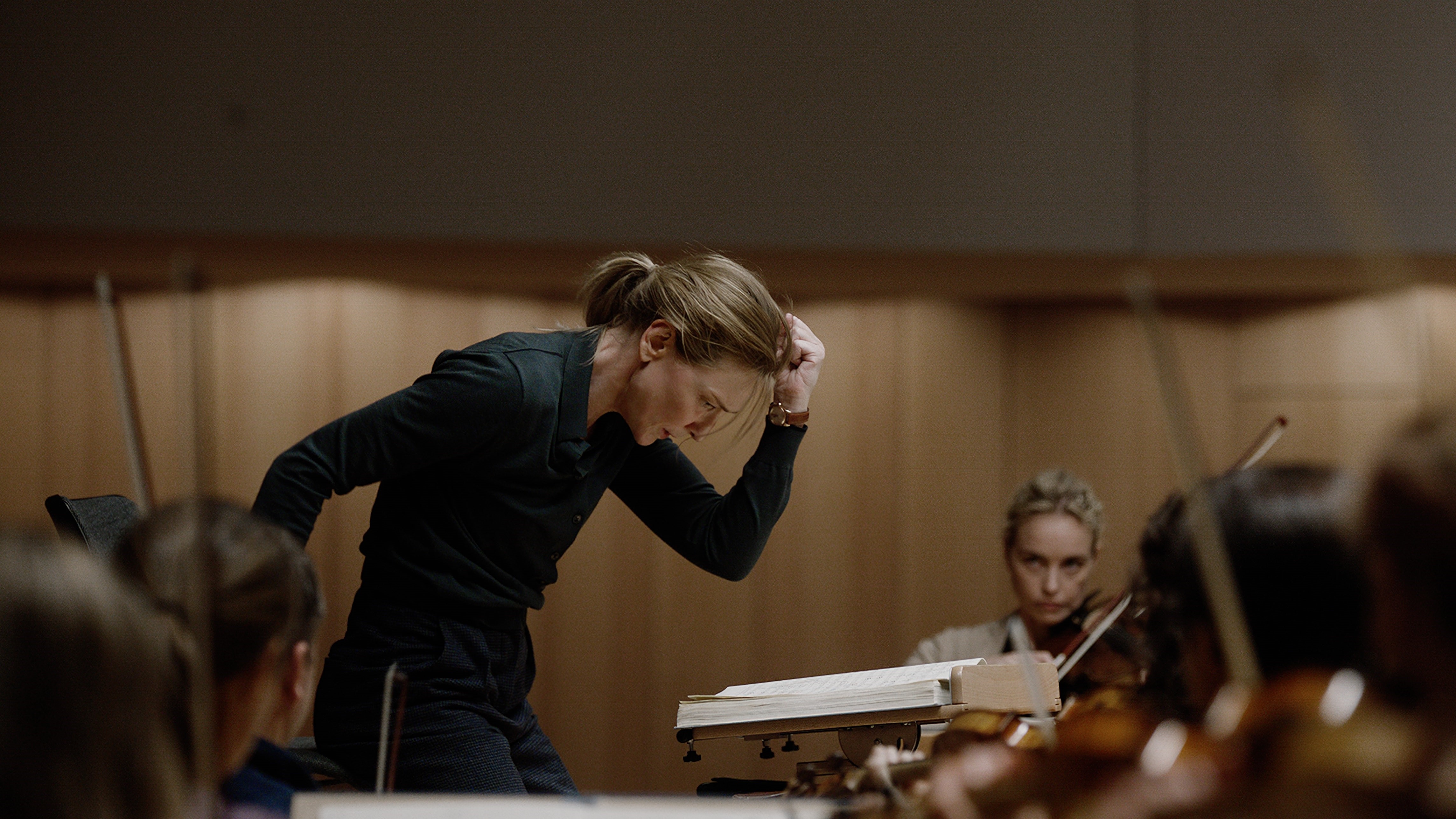
That’s not before she has one final outburst though. As the performance is about to start, we see Tár dressed in her tux just offstage. She begins to walk out like she is going to take her place at the podium but then breaks into a sprint and tackles the man brought into replace her (Mark Strong). She punches him and yells at him, saying that it is her performance. Of course, that just makes matters worse, as she is escorted away by security as her orchestra and the audience looks on in shock.
Get the What to Watch Newsletter
The latest updates, reviews and unmissable series to watch and more!
We then see Tár elsewhere (the country isn’t specified), as she is brought in to do some conducting work with an orchestra. Things seem relatively normal — the people who invited her give her gifts and tours of the country and she seems to be taking the job seriously when she practices with the orchestra. The performance comes and she arrives on stage, bows to the audience and begins the performance. Still, something just feels off. We quickly realize that this isn’t a performance of a classic symphony, but she’s playing the score of a fantasy series or movie, with the audience all in costumes, there to celebrate their fandom, not Tár or the music.
All of what Tár has done has led her to be cancelled, falling from the highest peak of her industry to an afterthought, forced to perform for people who couldn’t care less about the craft she has devoted her life to. Tár has suffered a similar fate to a female conductor she mentions early in the movie (we can’t recall the name, unfortunately) — relegated to guest conducting jobs, never reaching the full glory that her talent deserves.
We never get the complete story of Tár's relationship with Taylor and a recording of her class at Juliard is cut up to make it appear worse than it was, which can make some question whether or not Tár completely deserved her punishment. But the point is that in today's society the downfall can be quick, despite how much influence you think you may have. For Tár specifically, unlike the historical female composer she ends up like, her fate comes as a result of self-inflicted wounds and hubris.
Is TÁR based on a true story?
TÁR envelopes itself in the world of classic music. The Berlin Philharmonic is one of the most famous orchestras in the world; Tár’s mentor, Leonard Bernstein, is a historic musical figure (who’s getting his own biopic starring and directed by Bradley Cooper); and Mahler’s Symphony No. 5 is a revered piece and the cycle that Tár is pursuing is a true feat that field. But is TÁR based on a true story?
No, TÁR and Lydia Tár are fictional. There also is no contemporary female conductor in the world of classical music that we can guess may have served as an inspiration, as this article from The New European points out about the lack of female conductors.
Here's how to watch TÁR, now playing in movie theaters in the US; it comes to the UK in January 2023.

Michael Balderston is What to Watch’s assistant managing editor and lead movie writer, covering movies coming to theaters, writing movie reviews and highlighting new and classic movies on streaming services; he also covers a range of TV shows, including those in the Taylor Sheridan universe, Slow Horses, Only Murders in the Building, Jeopardy!, Saturday Night Live and more, as well as the best ways to watch some major US sporting events.
Based outside of Washington, D.C., Michael's previous experience includes writing for Awards Circuit, TV Technology and The Wrap.
Michael’s favorite movie of all time is Casablanca, while his favorite TV show is Seinfeld. Some 2025 favorites include One of Them Days and Black Bag for movies, and The Pitt on TV. Follow on Letterboxd to keep up with what I'm watching.
